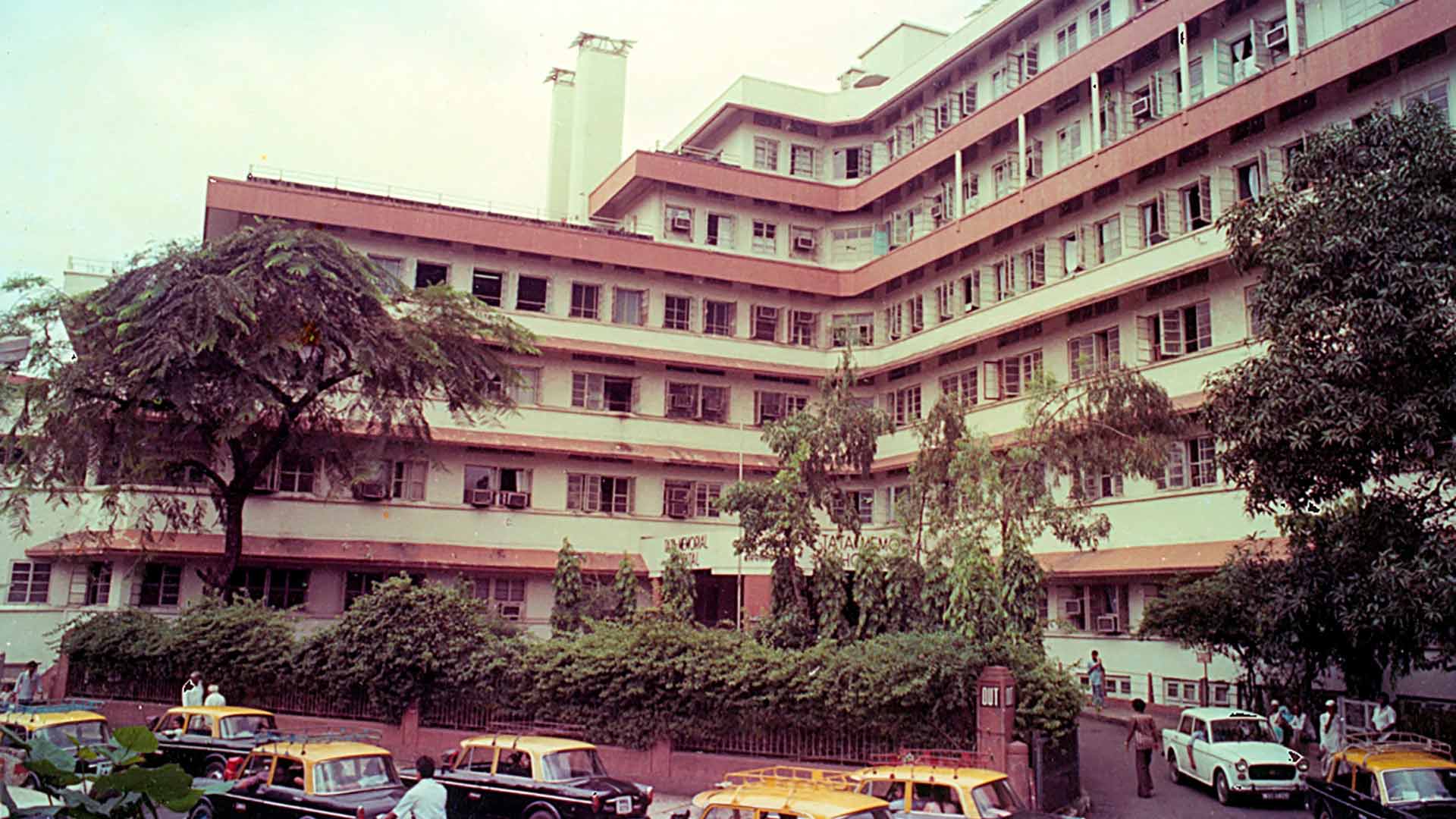Imagine, a cancer treatment tablet for Rs 100! According to an NDTV report, researchers and doctors at the Tata Memorial Centre in Mumbai, which is among the premier cancer hospitals in India, said the tablet is the product of over 10 years of research. It can help prevent cancer recurrence and reduce the side effects of chemotherapy and radiation by as much as 50 per cent.
The channel spoke to Dr. Rajendra Badve, senior cancer surgeon at Tata Memorial who was part of the research group. He said that “Dying cancer cells release fragments of chromosomes which can turn healthy cells into cancerous ones. These may fuse with healthy chromosomes and cause new tumours.”
Researchers hit upon the idea of administering “pro-oxidant” tablets with reservatol (a natural phenol produced by plants when attacked by bacteria or fungi), and copper to rats. These were quickly absorbed into the bloodstream and destroyed the infected chromosomes. This combination of reservatol and copper (R+Cu) also prevented toxicity.
It can be effective in the treatment of pancreatic, lung and oral cancer, the report said.
“The tablet is awaiting approval from the Food Safety and Standards Authority of India. After getting approval, it will be available from June or July,” Dr Badve said. “While the budget for treatment of cancer ranges from lakhs to crore, this tablet will be available everywhere for Rs 100.”
The testing is now moving to human trials which could take at least five years. Dr Badve acknowledged there were many challenges during the research but with all that turning out successful, the focus is on ensuring the human trials go ahead successfully.
The Indian Cancer Congress had warned last year that incidence of the disease is increasing in this country with two million projected cases by 2040. Currently, 1.4 million new cancer cases are being detected every year with Aizawl in the north east registering the highest incidence of cancer among men, 269.4 per 100,000 population. Papum Pare district in Arunachal Pradesh has the highest incidence of cancer among women.
[/vc_column][/vc_row][/tdc_zone]









